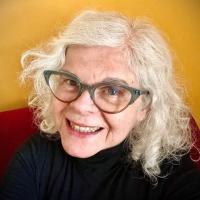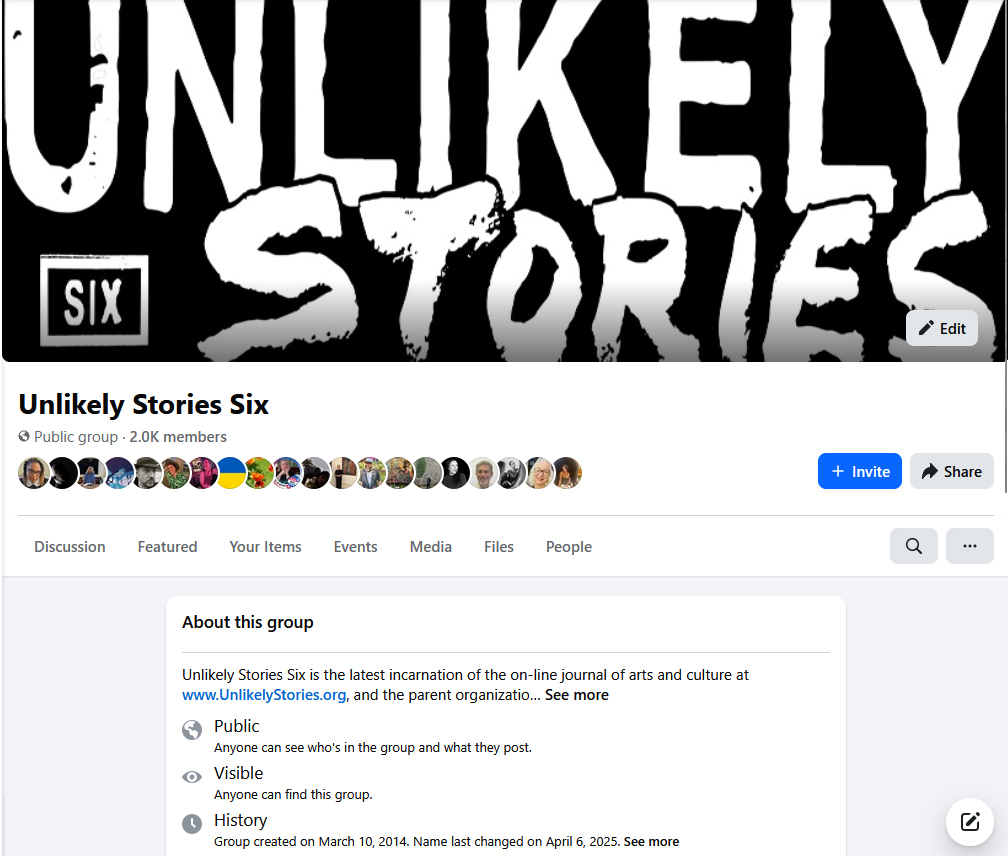by Regina Rheda
As he was dancing, Douglas frolicked all about the salon, rummaging through everything, opening and closing drawers, sorting out make-up items, feeling the seats under the standing hair dryers, trying half wigs, and peeking under the couch. He applied nail polish to Leona’s nails, each in a different color. For Leona, it was pure bliss. She had never been allowed to play in the hair salon before, not even after saying that she wanted to be a communist hairdresser robot when she grew up.
The radio DJ said that he was going to play two hits by a new band from England, formed by four long-haired, screamy guys who wore little boots on stage: The Beatles. Douglas shrieked, shaking his head frantically. Leona imitated him. The trio danced to “Please Please Me” and “Twist and Shout.”
A sequence of ads was aired. In one of them, a vigorous male voice, booming over a strident military march, proclaimed the local launching of the nationwide Gold for the Good of Our Country campaign at the Pillars of Society Club, and gave its date and time. Douglas scoffed, turning the radio off. Leona turned it back on. “Listen! I’m in this campaign! I’m going to give a speech!” she shouted.
The event, the ad went on, was going to be broadcast by that very radio station, not only to Guava City and all neighboring areas, but also beyond. According to the ad, the commendable, patriotic campaign had been initiated by the press, as well as by the business and military sectors of society, and was being carried out by the distinguished Women with God for Family and Freedom. “That’s mom!” Leona cheered.
The ad’s bombastic voice urged the listeners to participate in the event, during which they should donate something made of gold, like a jewel—size wasn’t important, all that mattered was the intention of the heart—to help the new regime pay for the astronomical national debt incurred by the anti-business and corrupt left-wing former government, thereby rebuilding the nation, protecting its Christian traditions and democratic values, and staving off the red threat. Present at the event would be the American ambassador, embodying the unwavering commitment of the mighty United States government to promote progress, justice and freedom in South America, as well as in all other friendly regions around the globe, whatever it took.
Joel and Douglas gestured like they were retching. Leona thought they might be sick from the movie-theater popcorn and told them to take Alka-Seltzer. Douglas said it was not necessary because they were fine. As the DJ played more hits, Douglas told her to get back to dancing. She danced a little and then whirled in circles, just to get dizzy.
Douglas whispered playfully in Joel’s ear, “I beg you, don’t let the adorable little pest invite me to listen to her speech.”
Joel laughed and whispered back, “I know! She’s counting on me to see her doing it in person. I just couldn’t say no…”
The girl ended her twirling bout, staggered toward the couch, grabbed her soda and sat next to the men.
“Uncle Joel, you can take Douglas to the Pillars of Society Club to see me speaking on the radio,” she proposed.
“Douglas won’t be available, sweetheart, he’ll be too busy with a bunch of other things far away from here,” Joel said. Disappointed, she said that she needed to pee, handing him her soda bottle and heading for the bathroom.





Comments
Mary (not verified)
Add comment